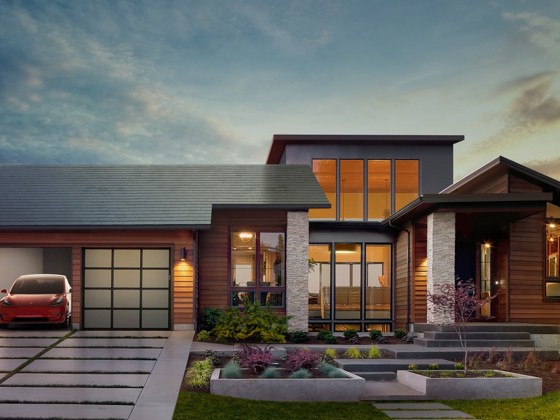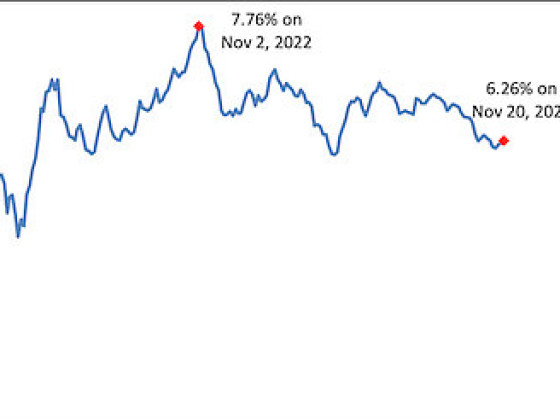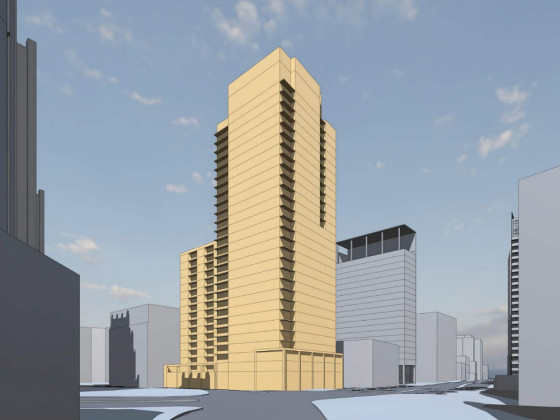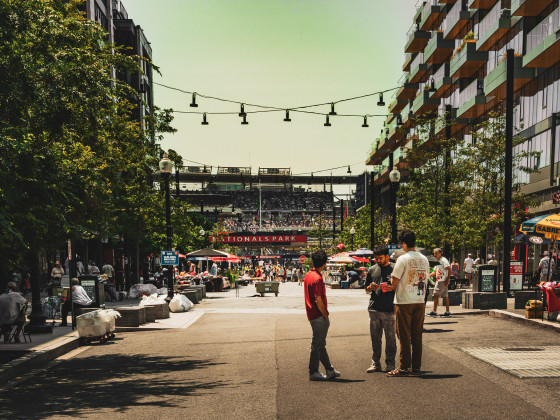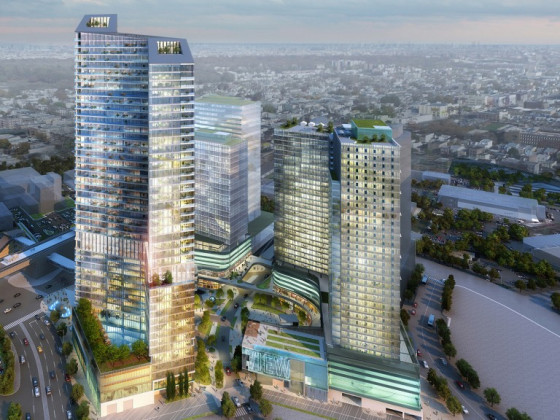 The H Street Solar Panel Installation Adventure
The H Street Solar Panel Installation Adventure
✉️ Want to forward this article? Click here.
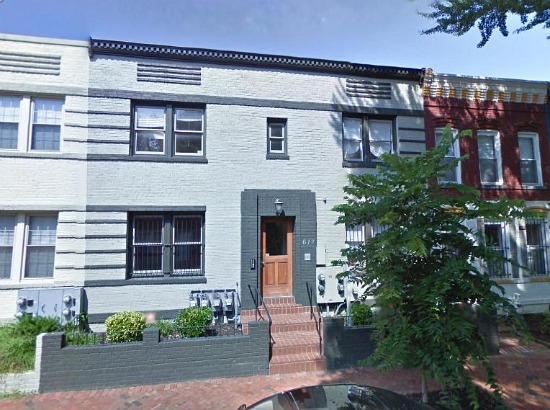
The author’s building.
Back in October, we ran a story on Georgetown Energy, the solar advocacy group at Georgetown University. This article spurred UrbanTurf’s Joe Marhamati to invite the student-run group out for a look at his roof. What resulted was a valuable learning experience about the benefits of solar energy and the potential roadblocks to producing your own watts.
In October, Georgetown Energy’s crew arrived at my one-bedroom condo near H Street to give me the lowdown on solar energy technologies. The team crunched all the numbers, including anticipated costs and payback periods, as well as what could be expected through the installation and interconnection with Pepco. Their estimates varied based on the different panel types and size of system, but were generally in line with what the contractors themselves would eventually provide. Following the visit, I contacted Clean Currents, which is a relatively young company serving the DC Metro area with certified solar installations.
Clean Currents provided additional details about the process, with quote sheets that included the total system costs minus federal and DC incentives, as well as the rebates available from Pepco in the form of renewable energy credits. The cost savings associated with solar panel installation have been widely reported, but it is no less amazing when you see the savings written down: the cost of a $30,000 system to fully power my 525 square-foot H Street one-bedroom condo at 400 kilowatt-hours of energy usage a month, came down to $8,000 after government incentives, and dropped to $2,500 with the Pepco RECs. Clean Currents works with a bank to provide an interest-free one-year loan that takes care of the total system cost while you wait for your incentives and rebates to come in.
In approximately three to four years I would have my investment paid back (via $2,500 savings on utilities), and a return on investment of nearly 13-20 percent over the lifetime of the panels (15-20 years). In other words, the $2,500 would net the equivalent of a 13-20 percent interest bearing savings account when taking the saved costs on electricity into consideration.
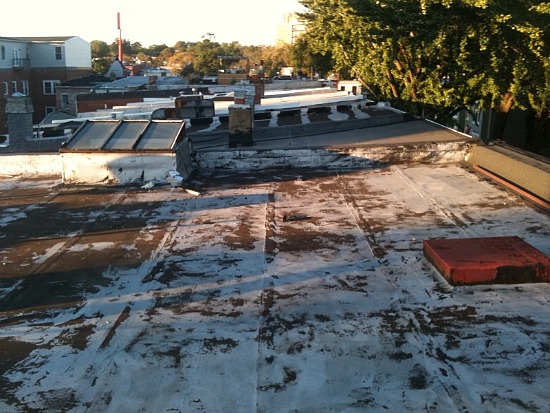
The section of the roof where the solar panels would be placed.
I was further excited when I learned how easy the process would be. With a $1,000 deposit, I would secure the $30,000 quote, and have an electrical engineer provide estimates on any extraneous electrical work and give a sense how the interconnection would happen. Within a few months, the panel installation would begin on the roof, and soon thereafter Pepco would provide bidirectional meters that roll backwards when you’re producing power and forward when you’re consuming it (though current law prohibits the power company from paying customers for producing more power than they use).
It was an exciting proposition, but I knew that I would need the approval of my homeowners association (HOA) to install the system, which would take nearly a quarter of the building’s roof space. After presenting the project, the HOA expressed concern due to the fact that the roof would likely need repair in the next few years. They were also concerned that putting panels on the roof might exclude other owners from doing their own solar installs in the future, which was valid given that much of the roof currently has satellite dishes and air conditioners covering it. Promises to provide enough power for the condo building’s common areas and $500 in savings over three years as well as assurance that the panels would be moved if roof work were needed were not enough to overcome these concerns. Solar contractors, including Clean Currents, will openly tell condo clients that HOAs are a difficult hurdle in moving forward with solar panel installation.
In several states, including California and Florida, it is illegal for HOAs to deny solar installs. An increasing number of states have pursued similar laws, and Ward 6 Councilman Tommy Wells’ office has considered pursuing the legislation in the District.
While it is disappointing that I will not be powering my unit with solar panels anytime soon, the process highlighted both the many benefits of solar power and the difficulty of presenting it to an HOA in a palatable way. Hopefully after the new roof is installed, I can give it another try.
See other articles related to: dclofts, georgetown energy, green real estate dc, h street corridor, solar power
This article originally published at http://dc.urbanturf.production.logicbrush.com/articles/blog/the_solar_panel_installation_adventure/2692.
Most Popular... This Week • Last 30 Days • Ever

With frigid weather hitting the region, these tips are important for homeowners to ke... read »
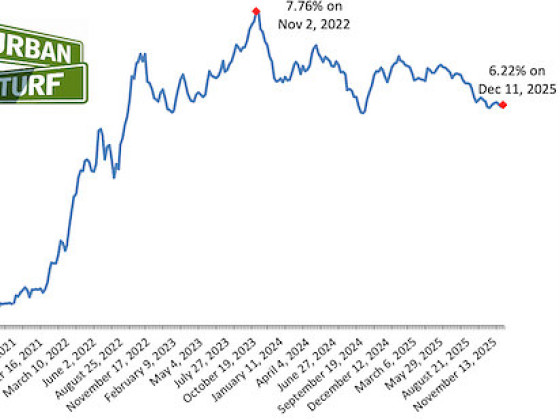
Today, UrbanTurf offers a brief explanation of what it means to lock in an interest r... read »
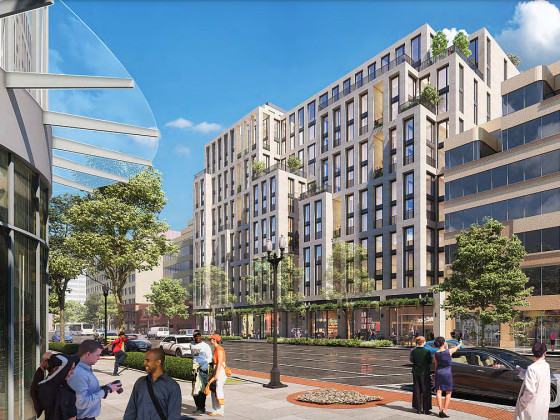
An application extending approval of Friendship Center, a 310-unit development along ... read »
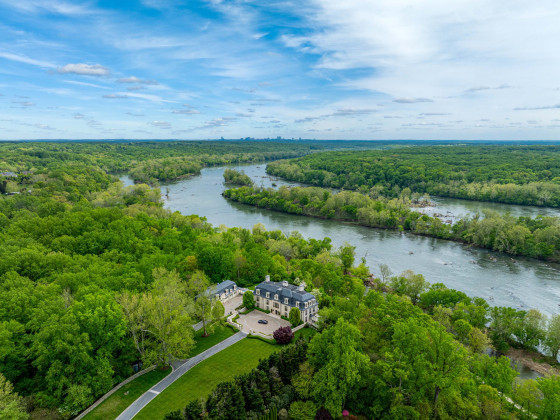
The 30,000 square-foot home along the Potomac River sold at auction on Thursday night... read »
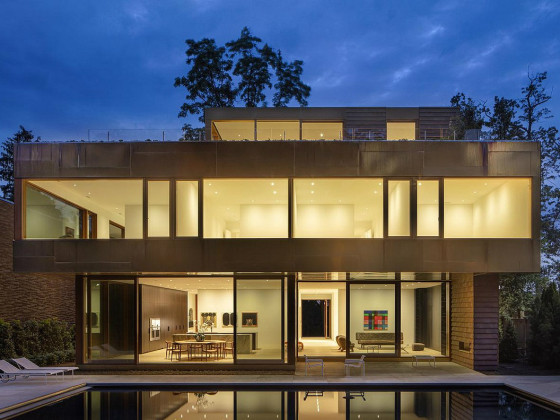
The number of neighborhoods in DC where the median home price hit or exceeded $1 mill... read »
DC Real Estate Guides
Short guides to navigating the DC-area real estate market
We've collected all our helpful guides for buying, selling and renting in and around Washington, DC in one place. Start browsing below!
First-Timer Primers
Intro guides for first-time home buyers
Unique Spaces
Awesome and unusual real estate from across the DC Metro






